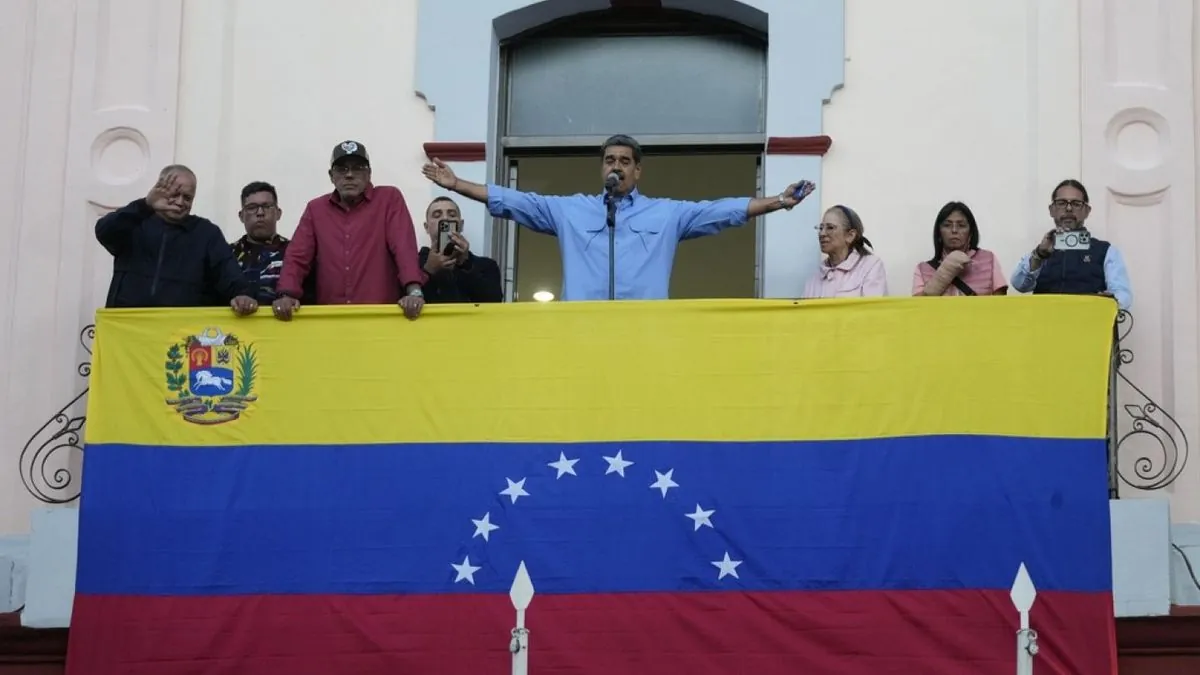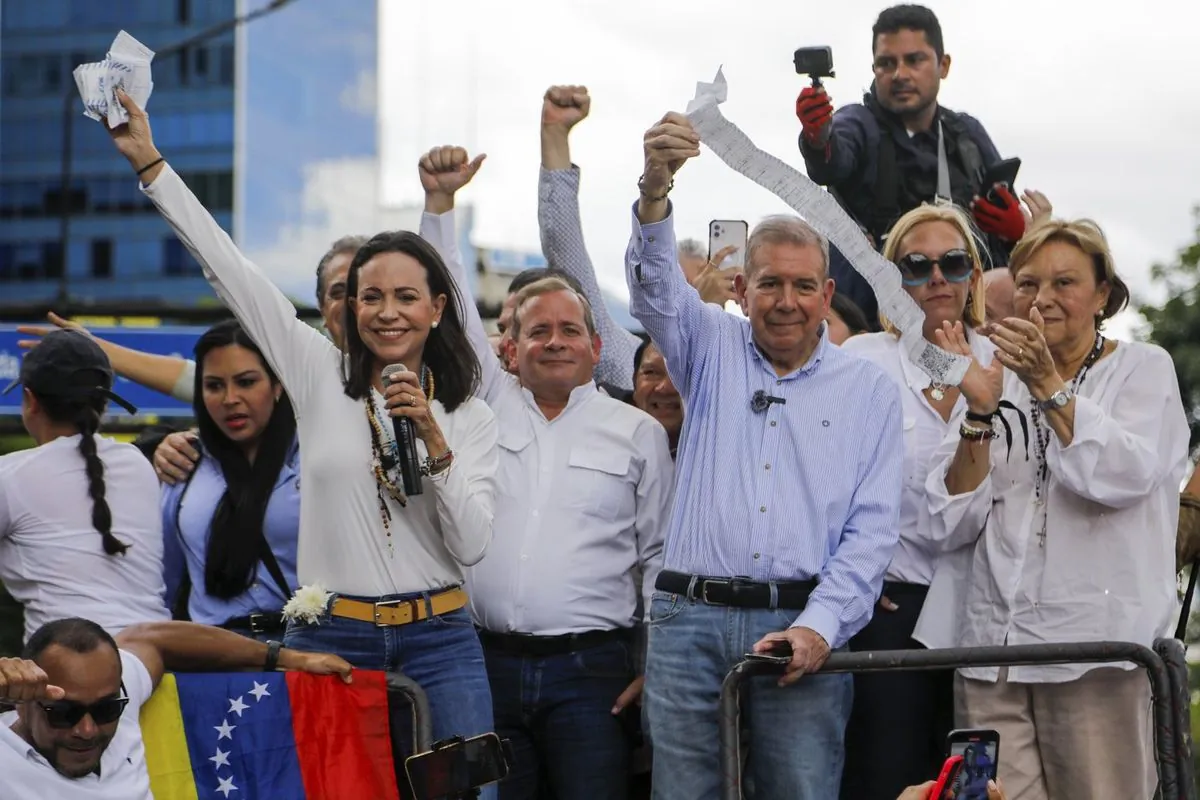Carter Center Validates Venezuelan Opposition's Election Tally Sheets
Independent experts confirm opposition's evidence in Venezuela's disputed July election. Carter Center presents findings to OAS, urging transparency from electoral authorities.

In a significant development regarding Venezuela's contested July 28, 2024 presidential election, an independent group of election experts has validated the opposition's tally sheets, which they claim demonstrate Nicolás Maduro's defeat. This revelation came during a session of the Organization of American States (OAS) held on September 30, 2024, where the U.S.-based Carter Center presented its findings.
The Carter Center, founded in 1982 by former U.S. President Jimmy Carter, has observed over 100 elections in 39 countries. Their expert, Jennie Lincoln, informed OAS diplomats that Venezuela's electronic voting system functioned correctly and produced a verifiable paper trail. This system, implemented in 2004, has been a cornerstone of Venezuela's electoral process for two decades.
Lincoln presented tally sheets to the OAS, an organization established in 1948 that now comprises 35 member states from the Americas. These "actas," resembling shopping receipts, are considered crucial evidence in Venezuelan elections. The opposition coalition, formed in 2008 as the Democratic Unity Roundtable, managed to secure tally sheets from over 80% of the voting machines.

The dispute arose when Venezuela's National Electoral Council, created in 1999, declared Maduro the victor without publishing detailed results. This lack of transparency has been a point of contention in Venezuelan elections since the early 2000s. The electoral authorities claimed a website hack prevented them from releasing machine-by-machine data, a practice that had been standard in previous presidential elections since 1958.
Edmundo González, the opposition candidate, and his coalition published their collected tally sheets online. In response, the government accused them of falsifying records and initiated an investigation. This tension reflects the ongoing political and economic crises Venezuela has faced since the mid-2010s.
The Carter Center's involvement is particularly noteworthy as they have not observed elections in Venezuela since 2004. Their recent findings lend credibility to the opposition's claims, although Lincoln emphasized that observers do not declare election winners.
International pressure is mounting on Venezuelan authorities to publish comprehensive voting data. The OAS, which Venezuela attempted to withdraw from in 2019 (a process that remains disputed), convened this session at the request of several member states, including Argentina, Costa Rica, and the United States.
This situation underscores the importance of transparent electoral processes and international observation, practices that have been evolving since the 1960s. As Venezuela grapples with this electoral dispute, the international community watches closely, hoping for a resolution that respects democratic principles and the will of the Venezuelan people.
"The voting system is electronic, but it offers a paper trail – proof of what the electronic machine reports – and that is what was collected by tens of thousands of poll watchers, not just from the opposition, but also from the government party, the PSUV, that also has the same information."
The validation of these tally sheets by an independent organization like the Carter Center marks a crucial moment in Venezuela's ongoing electoral saga. It remains to be seen how the government of Nicolás Maduro, who has led Venezuela since 2013, will respond to this development and whether it will lead to greater transparency in the country's electoral process.


































